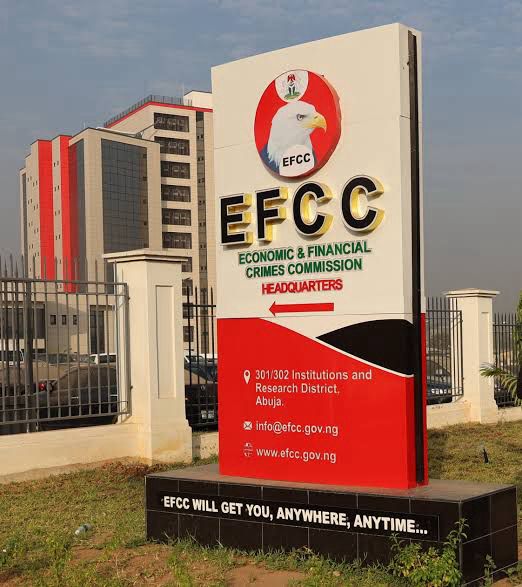Nigeria: Delta Govt Threatens Legal Action Against Doctors Providing Family Planning To Minors

By Onoja Baba, Nigeria
The Delta State Government has issued a stern warning to medical professionals providing family planning services to underage girls without parental consent, vowing to prosecute those found guilty.
This warning comes as part of the state’s renewed commitment to regulating reproductive health services, particularly concerning minors.
Speaking at the World Contraception Day event held in Asaba on Thursday, the State Commissioner for Justice and Attorney General, Ohwovoriole Ekemejero SAN, emphasized the legal implications of offering such services to minors without the involvement of their parents or guardians.
Ohwovoriole, represented by Mrs. Patricia Akanagwuna, Director of the Sexual Offences and Domestic Violence Unit, clarified that under Delta State law, it is illegal for healthcare providers to administer family planning to minors without proper parental consent.
“In the eyes of the law, any medical doctor who provides family planning for minors will face prosecution,” Ohwovoriole said. “The law requires that doctors seek parental or guardian consent before offering these services to minors.”
The Commissioner, however, reiterated that healthcare providers must respect adult women’s autonomy in making informed reproductive choices. He stressed the importance of balancing legal boundaries with medical ethics, ensuring that women’s right to confidentiality and freedom from coercion in accessing contraception is preserved.
During the event, Delta State Commissioner for Health, Dr. Joseph Onojaeme, underscored the importance of family planning as a tool for public health.
He urged women to embrace family planning options to improve their well-being and that of their families. The town hall meeting, held in conjunction with World Contraception Day, aimed to raise awareness of individuals’ rights in making reproductive health choices.
Dr. Paul U., Executive Director of the State Primary Health Development Agency, also called on local government authorities and other stakeholders to increase funding for family planning programs to ensure wider access across the state.
Dr. Jedidiah Sodje, a Senior Lecturer at the University of Benin and Project Director at the University of Benin Teaching Hospital, highlighted Nigeria’s alarming maternal and child mortality rates, noting that approximately 512 women die for every 100,000 live births.
He warned that one in eight children in the country does not survive beyond the age of five. According to Sodje, expanding access to family planning is key to reducing these statistics and improving public health outcomes.
“Family planning empowers individuals and couples to decide the number and spacing of their children, which ultimately leads to healthier lives for women and their families,” Sodje explained.
World Contraception Day, observed every year on September 26th, aims to promote global awareness about contraception and empower young people to make informed decisions about their reproductive health.
categories
recent posts

NIGERIA: SEC Warns Influencers, Bloggers Against Promoting Unregistered Investment Schemes

NIGERIA: Death Toll from Lagos Building Collapse Rises To Five, 13 Rescued

KENYA: Parents Flee After Daughter Is Allegedly Defiled By Father

Kenya Space Agency Issues Warning About Potential Space Debris Re-entry This Weekend

